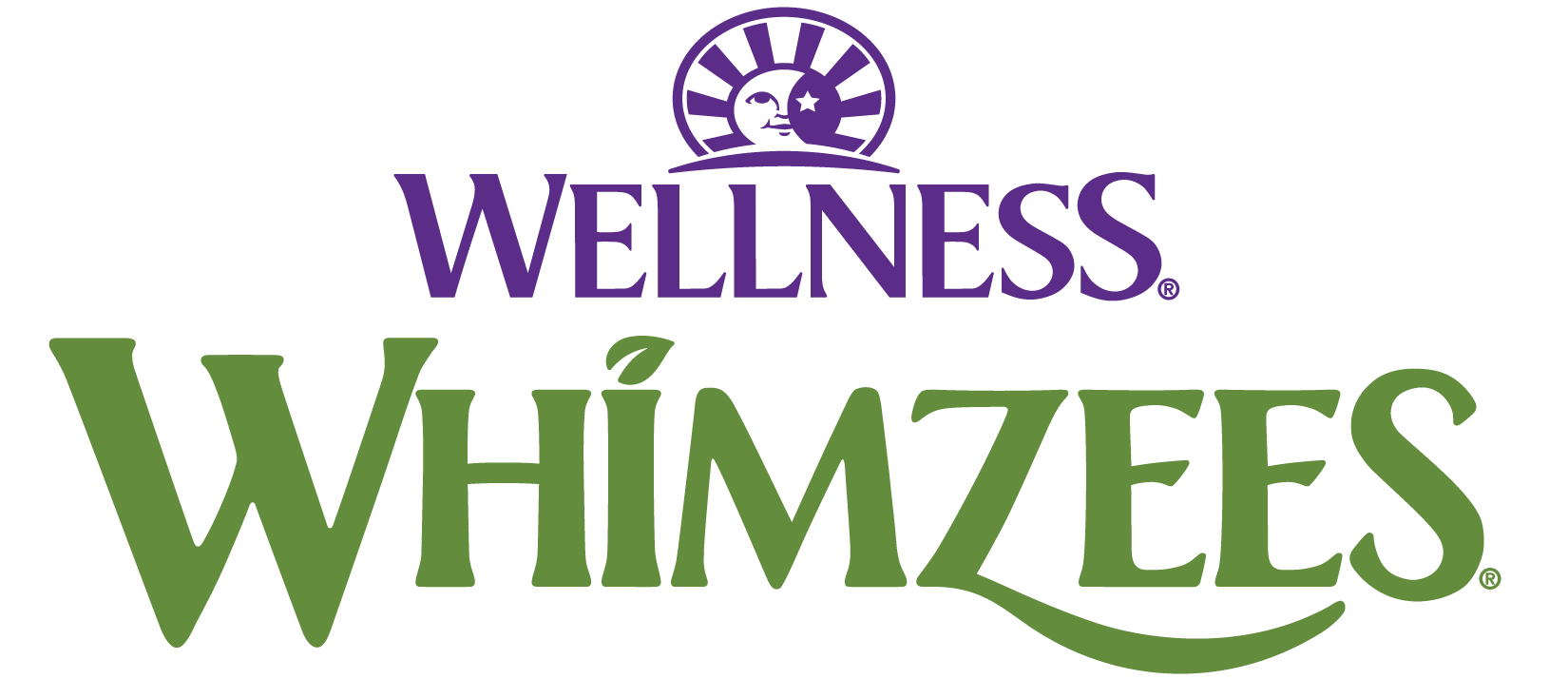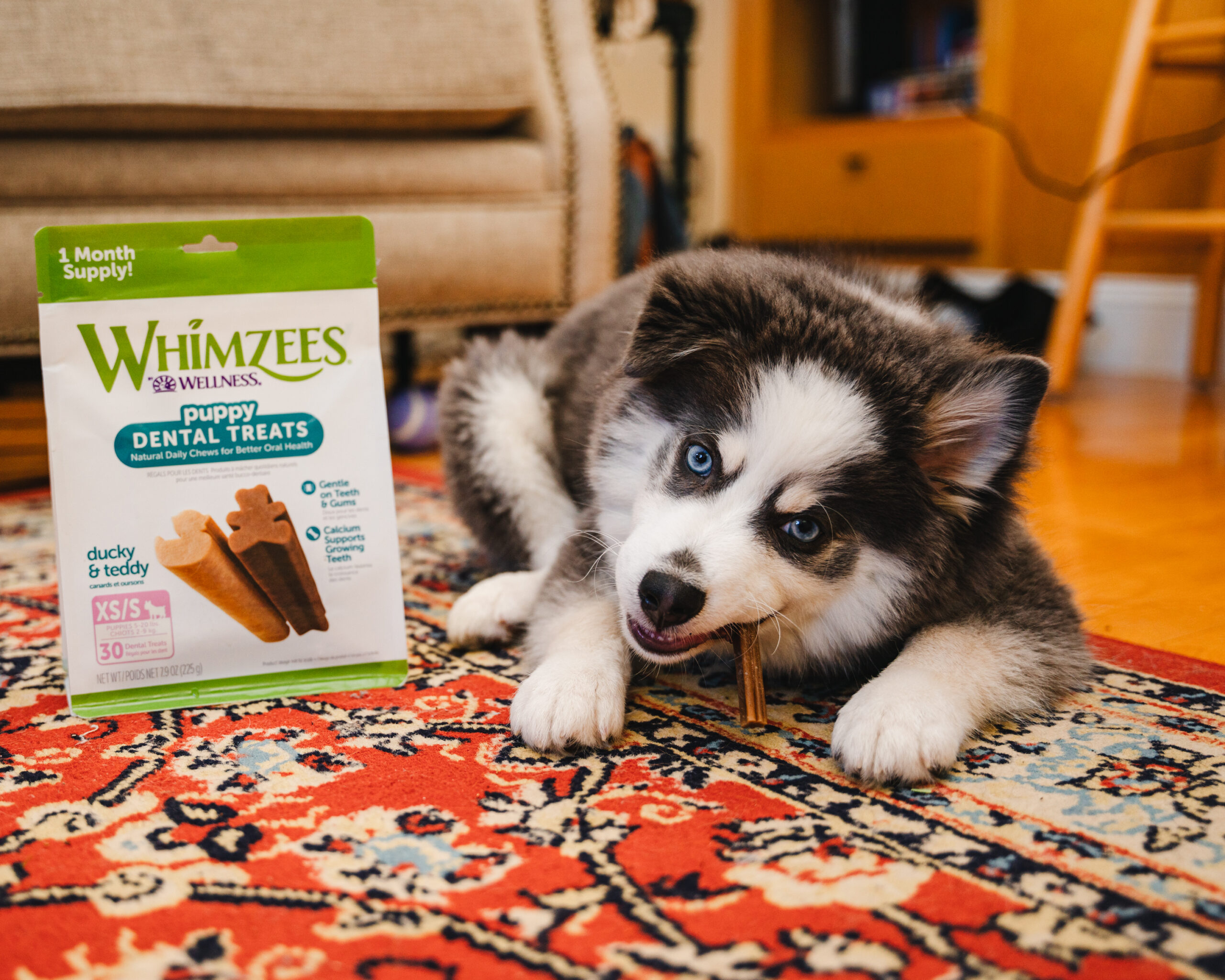Have you had to toss out a favorite pair of shoes yet? If you have a puppy, you’ve probably noticed them chewing on some of your belongings in the past few weeks and months. You’ve probably wondered, Why Do Puppies Chew On Everything?
The main reason your puppy is gnawing on so much stuff is likely because he or she is teething. For the first six months of life, puppies like to chew and nip on things and your fingers. It helps relieve some of their teething pain and sore gums while their first set of teeth are falling out and their adult teeth are coming in.
How to Deal with Puppy Teething
Remember, chewing is a normal behavior for dogs. The process of chewing something can promote a calming effect in dogs’ brains as well as alleviate anxiety and stress.
Puppy-proof your home. Sure, you think you’ve already done this, but take another good, hard look at your home for items lying around that could be snatched up by your puppy.
- Keep your clothes in a laundry basket that’s out of reach of your dog—or even better, in a hamper.
- Search for wires, items that fell out of a trashcan in the bathroom, and books or magazines that are on the floor.
- Look for small toy parts, batteries, and toy boxes that could be gnawed on and/or swallowed. If they are old enough, teach your children to put toys away in toy boxes with lids or in bags and sealed so your puppy can’t get to them.
Offer safe chew toys. Your puppy is going to have the desire to chew something, so why not present something appealing to help relieve some of that discomfort in their mouth? Make sure they have toys that are specifically designed for puppies to chew on. You could also freeze a rubber dog toy for some additional gum pain relief. Always supervise your puppy while they are playing with a toy to make sure nothing breaks off and is swallowed. Check their toys frequently for pieces that are falling off.
Help them get their energy out. Find ways to relieve all of that puppy energy! Depending on your puppy’s age, it might not be safe for them to go on walks in your neighborhood if they don’t have all of their vaccines. Play with your puppy by throwing balls, hiding their toys and helping them discover them, and running around your home as best you can. If you have a backyard, play with them out there if it’s a mild day. Tiring them out physically and mentally can help with their overall behavior.
Give them a daily dental treat. Offer your puppy a reward that’s good for them and their puppy teeth. They will love WHIMZEES® by Wellness® Puppy Dental Dental Chews because they’re softer than regular WHIMZEES stix and come in XS/S or M/L sizes for dogs that are 3+ months old. These chews help keep their mouths clean and occupy your pup as they work around different angles to chew a treat. Learn more about the benefits of chews that occupy your pup.
Swap out a chewed item for something else. While you’re training your puppy what they shouldn’t chew—the table legs—versus what they can—a toy—make sure you stop their behavior and offer up the toy. Think of it as “No, but yes…” as in “No, don’t chew that, but yes you can have this [appealing toy].”
Need tips on how to have a safe Christmas holiday with your puppy? Here’s how to puppy-proof your Christmas tree.


